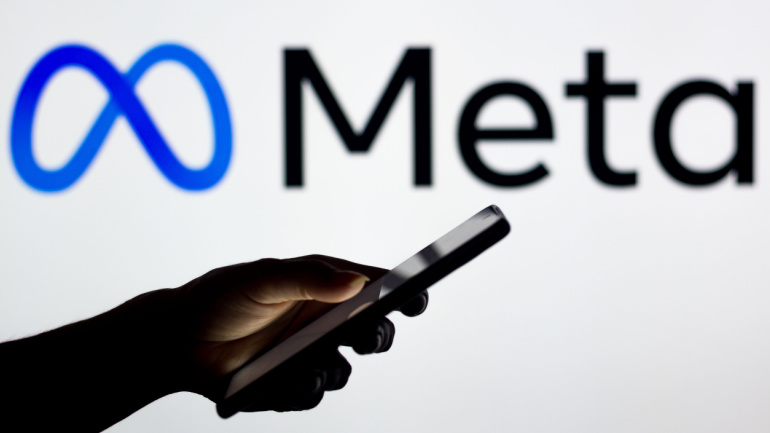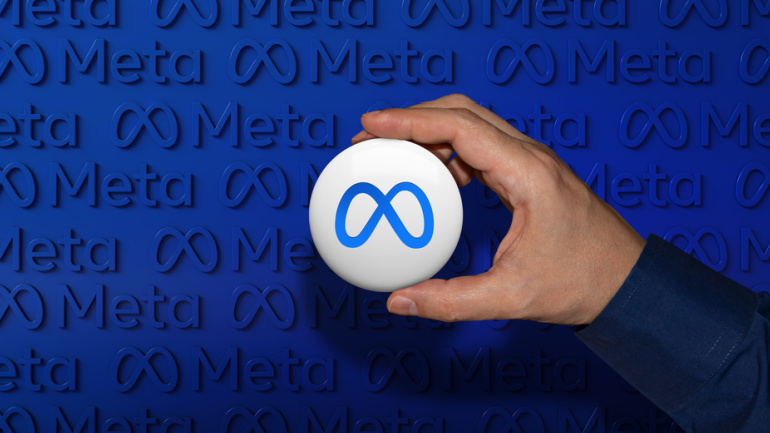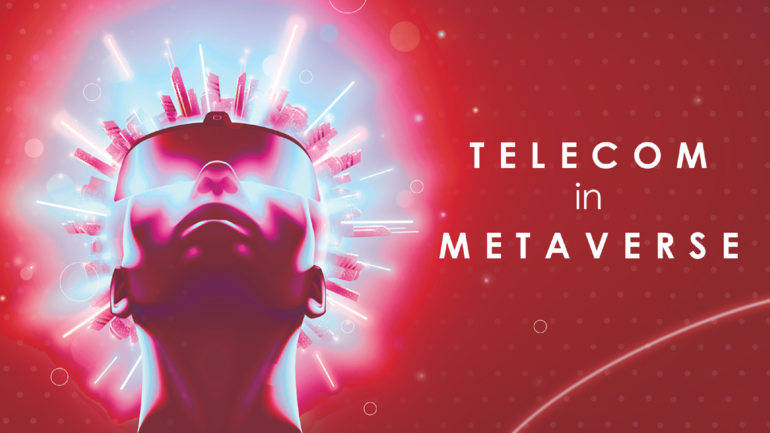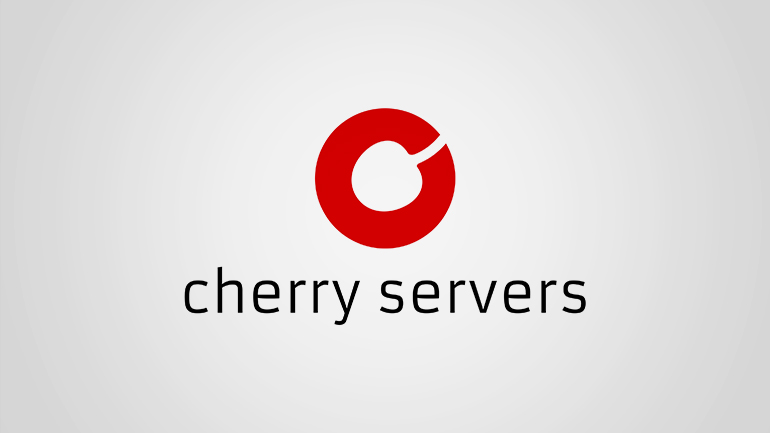A recent study unveils a quietly progressing industrial metaverse revolution, with early adopters reporting capex and opex reductions surpassing expectations. Focused on enterprise and industrial applications, this shift aligns with Nokia’s Industry 4.0 strategy and emphasizes the importance of reliable, high-speed connectivity.
Meta’s bold AI integration plans could revolutionize platforms like Facebook and Instagram while tackling infrastructure and software challenges. The metaverse’s potential is also sparking interest among telecommunication leaders, creating opportunities for immersive social experiences.
Meta faces a record €1.2 billion GDPR fine for transferring European users’ data to the US, raising questions on compliance, data privacy regulations, and US surveillance laws. With Meta appealing the decision, the telecommunications industry watches closely.
Amid global economic transformation, network technologies hold vital importance as businesses prioritize cost-saving cloud computing and greener power consumption. Focusing on enhancing customer experiences impacts the development of the metaverse, enabling smart cities and new monetization opportunities. Connectivity, as a critical component, drives sustainable growth across industries.
Meta was fined €265 million by Irish regulators on Monday. This is the company’s latest penalty for violating rigorous European Union data privacy regulations. According to the Data Protection Commission (DPC), Meta Platforms Inc. violated parts of the EU’s General Data Protection Regulation (GDPR), which require technological and organizational measures to secure user data. The authority began looking into press reports that user data for more than 533 million people was discovered to have been leaked online last year. This information was detected on a website for hackers, and includes names, Facebook IDs, phone numbers, residences, birthdates and email addresses of individuals from more than 100 different countries. The DPC investigation discovered that Meta’s Facebook Search, Facebook Messenger Contact Importer and Instagram Contact Importer capabilities did not adhere to GDPR rules between May 25, 2018 and September 19, 2019. According to Meta, the information was “scraped”…
Telefónica and Qualcomm Technologies, Inc. have established a partnership to improve their positions as market leaders in the future of XR and the Metaverse. Utilizing the Snapdragon Spaces™ XR Developer Platform and Telefónica’s cutting-edge fixed and mobile network infrastructure, the two companies will collaborate on building and expanding the XR ecosystem. The agreement also covers the launching of XR/metaverse goods and services as well as an investigation of collaborative business potential. With the implementation of this agreement, it will be possible to offer consumers brand-new experiences that combine the digital and analog worlds, reimagining communication, entertainment and commerce in the Metaverse. Snapdragon Spaces, a platform from Qualcomm Technologies, enables programmers to maximize wearable AR’s potential through the use of cutting-edge technologies, a cross-device SDK, and an open XR ecosystem. Telefónica sees significant potential in fusing powerful networks, decentralized Web3 and immersive gadgets. Both businesses are attempting to…
The metaverse, a product of today’s Internet, is being welcomed as the next phase of communications, promising superior online experiences in a shared virtual world. Some have dubbed it as the “Internet on steroids,” since instead of merely reading text and viewing videos, individuals would be able to participate in virtual realms thanks to technology like 3D and artificial intelligence. The metaverse, one of the trendiest tech buzzwords at the moment, promises a future in which the virtual and real worlds are intricately linked. So, what role will telecommunications companies play in this possible future? What is the metaverse? The Metaverse – a combination of “meta” (beyond) and “verse” (universe) – sounds like something out of a science fiction novel. And that is actually the case. The term “Metaverse” first appeared in Neal Stephenson’s 1992 cyberpunk novel Snow Crash. However, the science fiction metaverse and the Metaverse envisioned by Facebook (now…
Telefonica has announced their significant commitment to the metaverse, indicating that the company will use MWC22 Barcelona to demonstrate its digital transformation and technological leadership initiatives through an innovative virtual environment. Telefonica said it will utilize the metaverse to demonstrate all of its in-person demos, allowing conference attendees to digitally visit the four physical sites on the exhibition floors. The organization will provide a unique experience based on the quality of the information exhibited and the ongoing and diverse activities by combining real-time and virtual participation. Telefónica will demonstrate its expertise, capabilities and dedication to assisting businesses, governmental agencies and society as a whole in taking advantage of the tremendous opportunities that digitization and connectivity provide. The company will also show what it can do for the community, and the advantages its solutions will deliver in terms of making participants more efficient, sustainable and safe. Telefónica will exhibit…
Cherry Servers is one of the leading hosting companies in Europe since 2001. As IT market grows and changes constantly, demand for new services and infrastructure development is crucial. “After 2 and a half years of hard work and development, I can proudly say that we have finally launched our Bare Metal Cloud”, – says Artūras Lazejevas, CEO of Cherry Servers. “Before starting to pursue a new venture, we always ask ourselves if there’s a strong business case behind it. As of Bare Metal Cloud we found out that there are many customers who need to have cloud-like elasticity on bare metal machines, but want to avoid vendor lock-in that is so prevalent among hyperscale providers. We remove the redundant virtualization layer, while adding security and decreasing complexity of the infrastructure, which results in greater performance. With specialized infrastructure and hardware level control our customers get raw compute power that allows…
Hitachi Vantara’s new Virtual Storage Platform One addresses modern data challenges with innovative storage solutions. Featuring an energy-efficient all-QLC flash array and an object storage appliance, it supports scalable AI and analytics workloads, hybrid cloud replication, and efficient unstructured data management.













